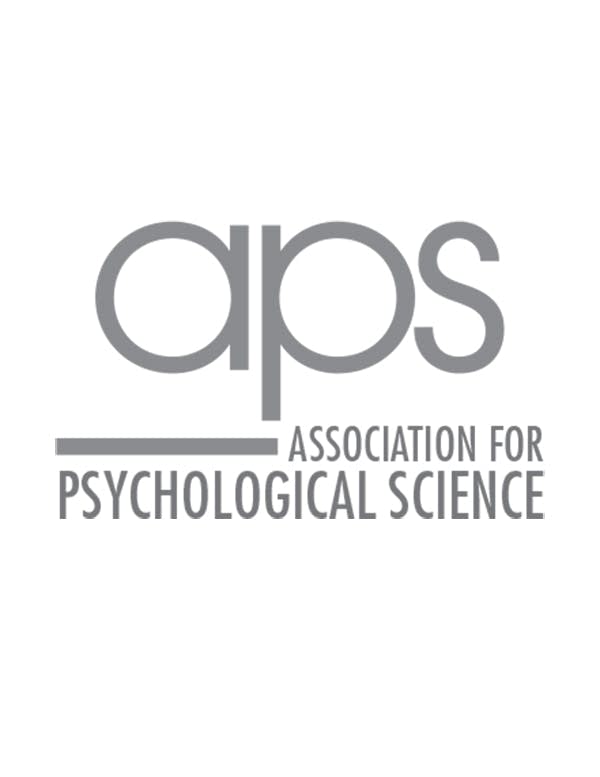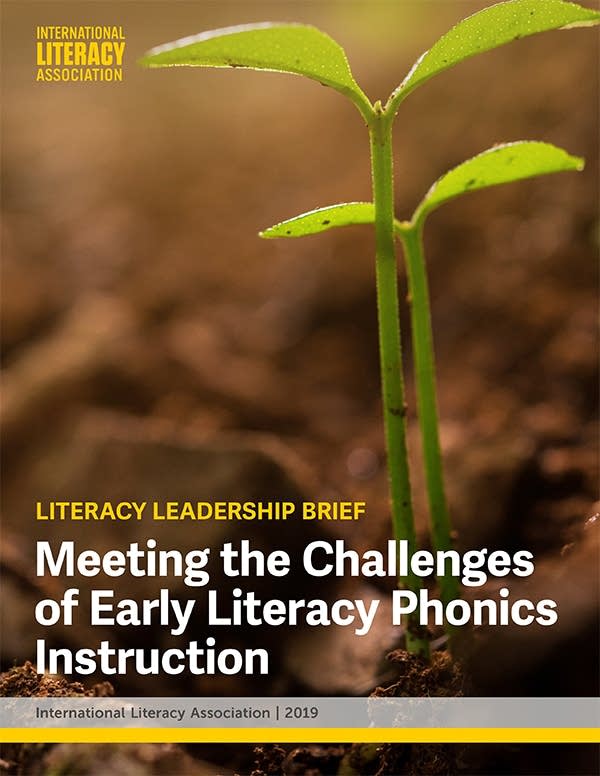Want to know more about the science of reading?
Here’s a reading list put together by Emily Hanford, host and lead producer of our podcast Sold a Story: How Teaching Kids to Read Went So Wrong.

I’ve chosen 10 things to recommend. I’ve read hundreds of books and articles since I started getting interested in this topic five years ago, so it was hard to narrow it down. This is by no means a comprehensive list. But it’s a start. Here goes:
This is the book that blew my mind and sent me down a rabbit hole. Cognitive scientist Mark Seidenberg explains how people read. Don’t miss the chapter called “The Two Cultures of Science and Education.” Seidenberg writes: “Parents who deliver their children to school on that momentous first day of kindergarten, proudly starting them on the venerable path to education, make a big mistake: they assume that their child’s teacher has been taught how to teach reading. They haven’t.”
I’ve never filled a book with so many sticky notes. If you want to understand how the brain learns to read, this is a great place to start. There are some YouTube videos about Dehaene’s work if you’re not up for a 388-page book. Try this one (bonus: Dehaene mentions math instruction too).
Academic papers are often behind paywalls, but not this one. This is a summary of decades of scientific research on how people learn to read. There’s a companion article that focuses specifically on what research says about reading instruction.
Stanovich is a cognitive scientist who was a towering figure in the world of reading research until he quit doing it more than a decade ago. He was tired of the fighting and the politics and took up research on rational thinking instead (no joke). In this essay, from 1993, Stanovich reflects on “the research I have done that almost everyone likes and research I have done that not everybody likes.” In the “not everybody likes” category is the research he did on the role of context in word recognition. Stanovich is the guy whose studies first showed that less-skilled readers were more dependent on context for word recognition. In other words, he’s the guy whose work began the debunking of the cueing theory.
This is the updated version of an article that was originally published in 1999. It focuses on what teachers need to know to teach children to read. “The tragedy here is that most reading failure is unnecessary,” Moats declared in 1999 and again in 2020. “We now know that classroom teaching itself, when it includes a range of research-based components and practices, can prevent reading difficulty.”
A teacher’s take on learning about the science of reading: “I understand why advocates, researchers, and policymakers who feel the urgency of our literacy crisis are frustrated when teachers don’t embrace reading science. But my entry into the world of reading research was difficult, and while I take pride in my determination to learn, I understand why other teachers might be deterred.”
“Learning to read can, at times, seem almost magical,” Blevins begins this brief on phonics instruction. “But it’s not magical.” Blevins provides a clear description of what phonics is and why it matters. The brief, published by the International Literary Association in 2019, also identifies what can go wrong with phonics instruction. “Some phonics instruction is random, incomplete, and implicit. Other instruction is overdone and isolated, devoid of the extensive application to authentic reading and writing needed for mastery. Neither is as effective as it needs to be.”
The science of reading is about much more than phonics. In this article, cognitive scientist Dan Willingham explains the importance of knowledge and how it affects reading comprehension. Bonus: I also recommend Willingham’s book The Reading Mind. Good stuff about the connection between reading and writing and the role of motivation. And the critical insight: “Teaching reading is not just a matter of teaching reading. The whole curriculum matters, because good readers have broad knowledge in civics, drama, history, geography, science, the visual arts, and so on.”
This is not a book about the science of reading. I put it on the list because countless parents have told me they used this book to teach their child how to read when their child wasn’t being taught in school. Columbia University professor John McWhorter talks about using this book to teach his daughter in this podcast episode.











